Most business owners know that information is a valuable commodity. The more information we have, the more strategic and better-informed decisions we can make.
However, many companies are currently struggling with information overload. Not only can they not cope with the data they have right now, but they’re completely unprepared for the data we can all expect to have in a few years.
Up until 2003, there was only around 5 exabytes worth of data in existence. Now, we generate more than that every 48 hours. But simply having masses of data isn’t going to help if it’s sitting in a spreadsheet on someone’s desktop.
It’s not data that helps your business grow– it’s the insights you get into your business once you analyse that data.
Here are some signs you’re losing track of your business data:
You’re playing pass-the-spreadsheet
When employees are passing around multiple spreadsheets, no one has any idea about which has the most relevant or up-to-date information.
Excel is a favourite amongst many business owners. And while it may have helped your business get to where it is now, you can expect its limitations to stall your growth in the future (if it isn’t already).
You don’t have customer history
 While you may be getting business updates, unless you’re saving historical information, it’s impossible to spot trends. Many legacy systems have no way to capture conversations, notes, purchases, and information about your customers.
While you may be getting business updates, unless you’re saving historical information, it’s impossible to spot trends. Many legacy systems have no way to capture conversations, notes, purchases, and information about your customers.
When team members are able to easily see historical data on a customer, they can identify potential opportunities for upselling, and better understand the needs of that customer.
Your data is spread out
It’s common for businesses to have information in many different places. You might have multiple spreadsheets for marketing, customer service, current customers, product development, sales, and more. Or you could have different software and applications for each, with no integration.
Not only does this make it difficult for teams to collaborate, but employees often end up re-entering information multiple times.
You’re dealing with conflicting information
Inaccurate or conflicting information can dramatically impact your business. Without a streamlined approach to tracking key business information, you can’t know which information is correct and current.
This means that you and your employees could be making critical decisions based on this incorrect or out-of-date information.
You have security problems
When you’re using spreadsheets or Word documents, they can easily be copied, deleted, or shared without your knowledge. Even if you have an excellent backup process, you’re risking critical data being lost or stolen.
If a key employee leaves the company, you may lose access to important information. Or, a team member could end up with their laptop (and data) lost or stolen.
Data can only be helpful if you’re using it well. When you’re losing track of data, you’re risking productivity, efficiency, and security. Once you have a business reporting solution, all of your data will be in once place. And it can easily be used to create dashboards and receive insights- so you can get key information at a glance.
If you’d like to get your business data collated, analysed, and sorted once and for all, get in touch to learn how we can sort your data problems for you.




